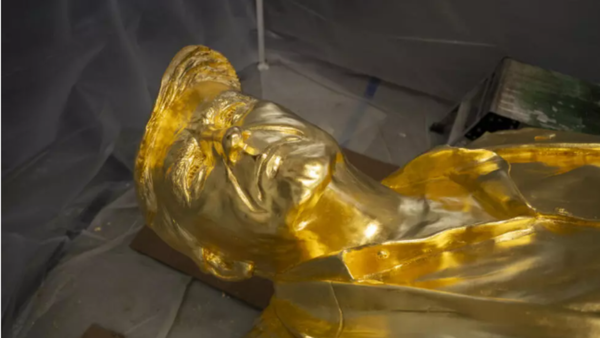Just as many others, I had gone through a phase of planning every minute of my day. Facing my planner, feeling like the queen of the world, I would picture gliding from task to task, spending my commutes documenting co-passengers on the bus, mentally reviewing last evening’s edifying reading, and transitioning from sleeping to waking and vice versa as efficiently as a robot switching itself on and off. But reality routinely quashed my plans, leading to burnout that evoked the saying about “the best-laid plans of mice and men”, and finally taught me the importance of doing nothing sometimes.
“Do nothing” might seem a strange prescription in our productivity-obsessed age, when any unoccupied minute seems something to explain away and apologise for, and when ultra-achievers like Infosys co-founder N.R. Narayana Murthy are telling us to work more, not less. But the benefits of a time-off are increasingly entering public consciousness. Burnout has reached record levels, and has partly triggered, for instance, the Great Resignation in the U.S. A shift towards the gig economy has exacerbated this problem, with numerous workers worldwide spending many waking hours hustling for work, on top of actually working. Meanwhile, leave policies at many Indian workplaces are so stringent that the prospect of jumping through loopholes, like a circus lion tackling rings of fire, often puts us off from taking a day off even when we really need it. This means that employees routinely under-utilise the days of leave they are entitled to, even when these days can be neither rolled over nor converted to cash.
Time-off is vital for well being, and leave policies are a key predictor of employee satisfaction. Globally, many workplaces are recognising “mental health days” as a legitimate reason for leave. On the one hand, ignoring our own bodily signals, which are begging for a break, may set us up for more serious physical or mental health issues down the line. On the other hand, supporting a healthy work-life balance improves a company’s attractiveness and ability to attract and retain talent. This makes regular doses of “doing nothing” a salutary prescription from the perspective of both employers and employees.
Doing nothing has particular benefits for creative work. Breakthroughs in any field involve creative insights — ranging from dramatic Eureka moments to a quieter series of smaller insights. Whether you are developing video-game graphics, puzzling over an ongoing conflict with your teenage child, or deciding how best to deliver a skills-based course in an online format, creative breakthroughs are the instrument of making progress and achieving your goals. And these breakthroughs often happen when we are ostensibly “doing nothing” — when our minds are resting, engaged with small tasks, dreaming or daydreaming, commuting, or exploring a seemingly irrelevant topic. We have all experienced this burst of sudden insight, and may find it paradoxical. It isn’t.
Creativity, by definition, involves associating disparate ideas — ideas you will not normally link together. Such linking occurs much more readily when our minds are “zoomed out”, when the details of the problem at hand are not preoccupying us.
The brain is a strange organ — it’s never “doing nothing”. Even when we are not engaged with a task, the brain is processing information, regulating a huge number of bodily functions, reinterpreting experiences, and synthesising ideas. This explains why it’s often in moments when we seem to be “doing nothing” that our brain spits out a solution to a stubborn problem.
Many of the most creative, productive people around the world recognise this truth, and are as rigorous about resting as they are about working. They recognise that regular bouts of ‘doing nothing’ are vital not just to their wellbeing but to their career. Whether it’s bestselling author Robin Sharma’s recommendation to ‘become a professional sleeper,’ or multi-hyphenate Tim Ferriss’s practice of long quarterly retreats, top achievers are carving out and protecting their ‘do nothing’ time.
So don’t let anybody shame you for periodically, joyfully doing nothing. Your dog does nothing all day, and isn’t his life much the better for it?
amita.basu@christuniversity.in







